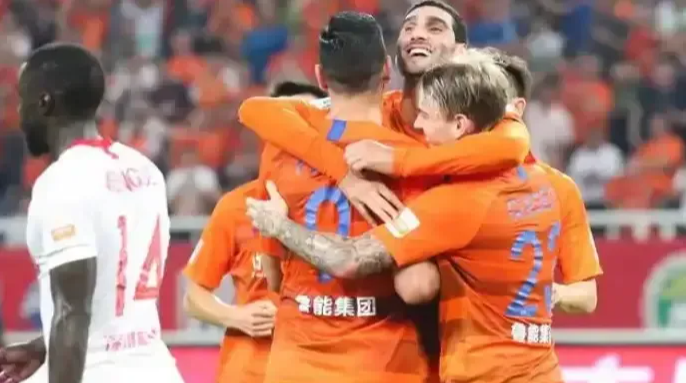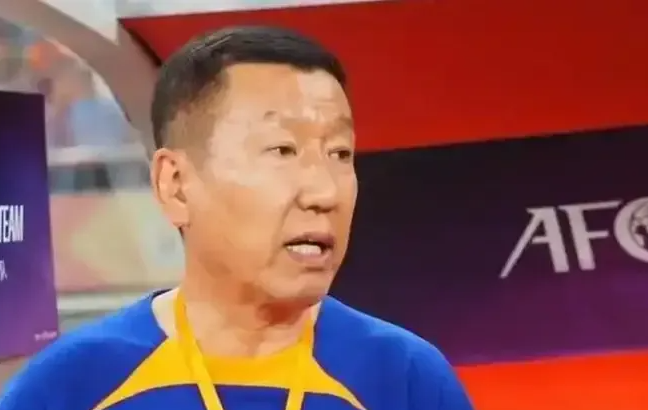In the off-season of the Chinese Super League (CSL), the relationship between Shandong Luneng Club and its head coach Choi Kang-hee has become embroiled in a complex game of strategy. At the heart of this dispute lies the issue of transfer decision-making power and a substantial severance package, with rumors involving Jeonbuk Hyundai adding to the complexity of the situation!
The current impasse stems from fundamental disagreements over core interests. Choi Kang-hee is seeking control over the team's transfer decisions, which not only affects his influence over the team but also closely ties into the economic interests of his coaching staff. However, Shandong Luneng's stance is quite clear: with Su Maozhen set to return, the club will not grant Choi Kang-hee transfer decision-making power. Nevertheless, if he is willing to continue coaching, the club welcomes him.

The most critical factor in this tug-of-war is the hefty team severance package worth 40 million yuan. In the context of CSL clubs generally keeping annual investments around 100 million yuan, this severance package undoubtedly poses a significant burden for Shandong Luneng. More challenging is the fact that the original contract did not include any clauses linking severance to performance outcomes, leaving the club without legal grounds for unilateral termination.
Recently, news of a vacant coaching position at Jeonbuk Hyundai in South Korea has introduced new variables into this stalemate. Although Choi Kang-hee was included on the shortlist, according to well-known journalist "Who's Good at Selling Cute," Jeonbuk Hyundai has not seriously considered Choi Kang-hee, using him more as a bargaining chip in negotiations. This situation has disappointed fans who were hoping for Choi Kang-hee to leave with dignity.

It is noteworthy that, according to Tianjin media reports, the coaching changes across CSL clubs are nearing completion, with only Cangzhou yet to announce their new head coach. When Shandong Luneng submitted their materials for the new season, Choi Kang-hee's name still appeared in the head coach column, indicating that there will be no substantive change in their relationship in the short term.
For Shandong Luneng, this standoff has brought about many adverse effects. Firstly, it has affected the commencement of winter training, secondly, it has made it difficult to advance the new season's transfer plans, and most importantly, this uncertainty could impact the overall construction of the team.

As for Choi Kang-hee, although losing transfer decision-making power would significantly reduce his influence within the team and potential additional income, in the absence of better options, continuing to stay in Shandong and receive basic wages seems to be the most realistic choice. The dissatisfaction of his agent reflects this helpless reality.
As a seasoned football fan who has long followed the CSL, I believe this situation reflects several common issues in the management of current CSL clubs. First, there is a lack of a complete exit mechanism when signing contracts, making it difficult for both parties to resolve conflicts when they arise. Second, setting excessively high severance packages has become a stumbling block to the healthy development of clubs under the current environment of reduced league investment.

On a deeper level, this case also reminds us that in the development of professional football, we need to establish more scientific and flexible contract mechanisms that protect the legitimate rights and interests of coaches while considering the actual capabilities of clubs. At the same time, the allocation of transfer decision-making power should have clearer institutional arrangements to avoid similar disputes.
Looking to the future, the protracted battle between Shandong Luneng and Choi Kang-hee is likely to continue for some time. Without an acceptable solution for both parties, maintaining the status quo seems to be the most realistic option. However, we also hope that through this incident, all parties in the CSL can learn lessons and make more constructive changes in future club management!